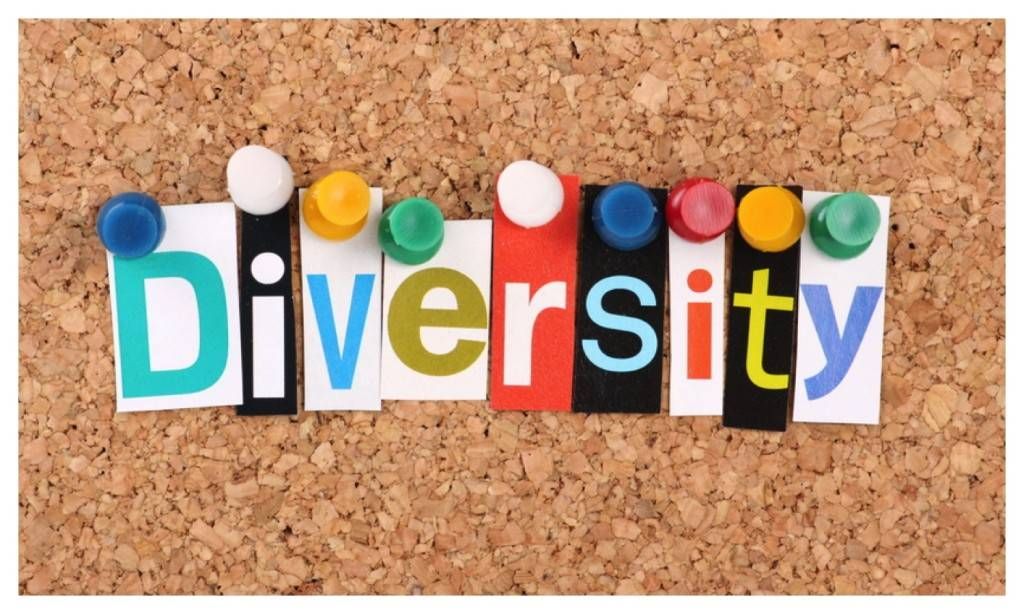
7 Ways You Can Make Comics More Diverse and Inclusive
We here at Panels are taking some much needed time off; in the meantime, we’re revisiting some favorite old posts from the last 6 months! We’ll see you back on January 11 with all new posts for your enjoyment.
This post originally ran on August 14, 2015.
_______________
You guys, I’m feeling a bit discouraged. After so much progress in diversifying the representation in and creation of mainstream comics, it feels like the backlash has been especially bad. First we had the tone deaf comments from Marvel Editor-in-Chief Axel Alonso about the role of diversity at Marvel (with a gorgeous response from Comics Alliance, by the way), and then we had a particularly embarrassing piece published by ComicMix about why diversity concerns are not real (I’m not going to link you to it because it’s just that bad, but you can read some of my flailing in response here).
If you’re a loyal Panels reader, you know we care profoundly about working to make comics more diverse and inclusive. So instead of being discouraged, I thought I’d share some strategies you can use to help fight the good fight.
1. First and foremost, you’ve got to vote with your dollars. When you find a diverse title that you really love, buy it! You might also choose to prioritize your comics dollars; my funds to spend on comics are limited, so I try to make sure that when I buy a comic it is one that celebrates diversity. I’ll wait a little longer to read non-diverse titles by using something like Marvel Unlimited so that I can make sure I use my dollars to forward a comics world I can be proud of.
2. Remember that in the world of comics, not all purchases are created equal. As the good folks at 13th Dimension point out, even better than your regular purchase is your use of subscription or pull-list services at your comic shop. The common argument against diversity is a lack of audience; use your pull list to show your comic book guy what you care about. Retailers use pull lists to determine what the popular titles are because they don’t want to buy more stock than they can sell, so show them that they can sell diverse books, too.
3. Speaking of comic book shops, choose carefully. Does your shop employ women and people of colour? Do staff let customers know about forthcoming diverse titles? Are you comfortable talking about and championing diversity in your comic shop? Remember that you have all the power as the consumer. If the answer to any of those questions is no, you might want to look for another shop or move to an online outlet.
4. It’s not all about the benjamins though, baby. I know your comics cash is probably limited. If there’s a diverse title that you can’t swing to buy, why not request that your library get it or other work by that creator? Not only will you get to read it (some libraries will put you first on the hold list for requesting it!), but you’ll get it into the hands of other excited readers.
5. When you find a diverse title you love, talk about it! Tell your friends, tweet about it, review it online, talk it up to other customers in your comic shop, and review it for your library. Come here and tell us about it! Use your words and your reach to help make comics more diverse and inclusive.
6. Websites that prioritize diverse writers are more likely to recommend diverse content, so spend your time reading sites that will help you find what you’re looking for. And when you read something great, share it! Obviously diversity is a big priority here at Panels, but you can also check out great examples like Women Write About Comics and Black Girl Nerds. Got another suggestion? Drop it in the comments for other readers to check out!
7. Have the conversation. When you start talking more about diversity, people will come at you — engage them. If someone says, “I’m colourblind” or “I only care that the story is good,” be ready to respond by challenging their underlying assumption that representation doesn’t matter or that white creators are empirically better. We can make comics more diverse and inclusive by keeping the conversation going and helping more people to understand why it matters.
What have I missed? How else do you help to champion diversity in the world of comics? Share your strategies down below in the comments.













